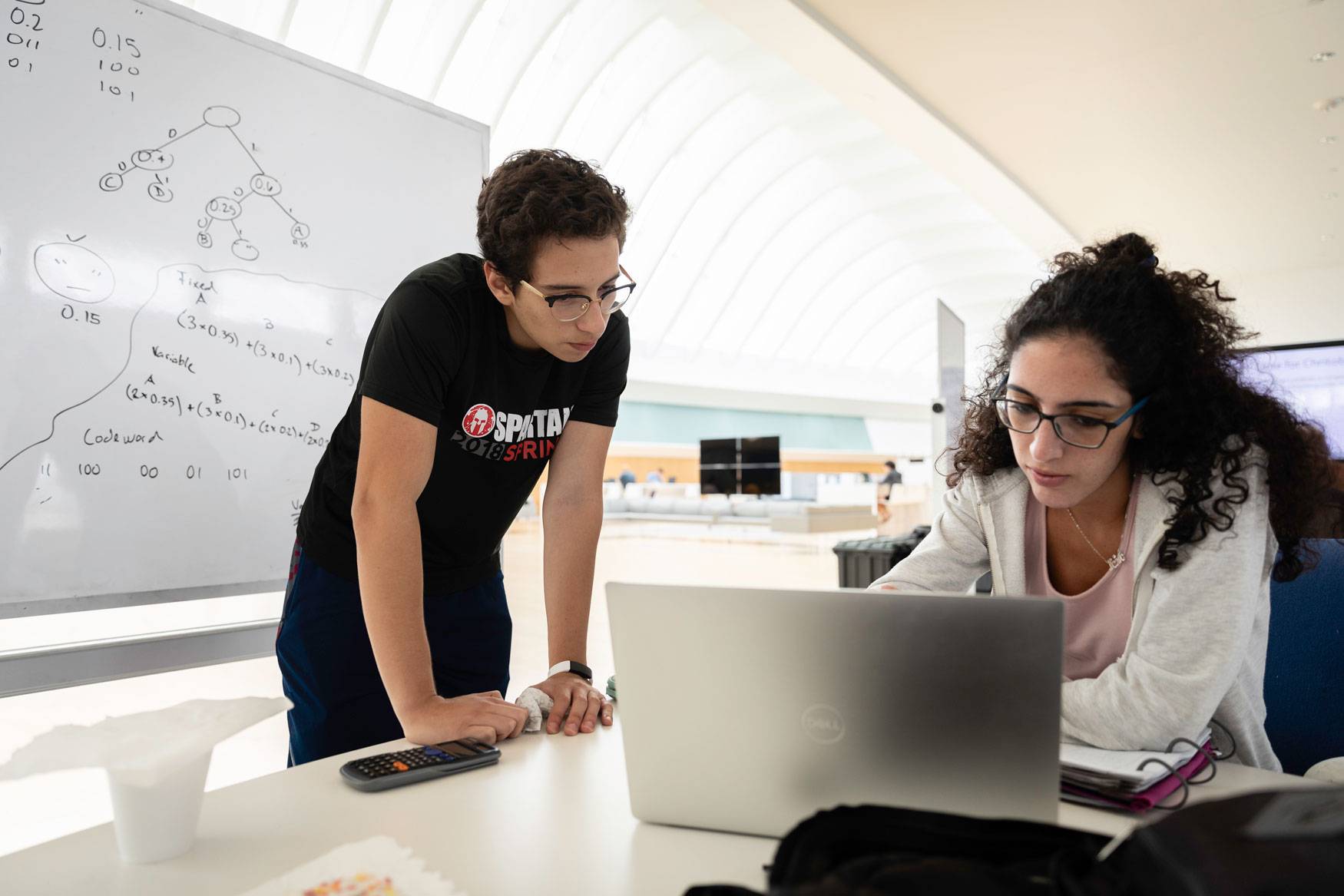
Dear students,
Sometimes in college, you run into situations that you can’t make sense of, feel are unfair, or you just don’t know how to solve, and the traditional paths for resolving these problems are either the exact places that are the source of your trouble or don’t seem like the right place to address it.
That’s where we come in. We’re the generalists of problem-solving.
We work to:
When you visit us, either in person, by phone, or chat, we set aside our institutional roles and act independently to provide you with impartial, confidential, and informal service in a practitioner-client relationship.
So, when you find yourself not sure where to go, get in touch with the Ombuds.
We are always ready to listen.
The university ombudsman can be the first resource when a student does not know where to get information for a particular situation; or as a last resort, when normal channels of communication have failed to bring resolution to a difficulty.
You should visit the Ombuds Office if:
You are not sure where to go for help
You have a problem, concern, complaint, or dispute you want to discuss informally
You would like to talk to someone confidentially
You are unsure of university policies or procedures that relate to your problem
You would like to know what resources or options are available to you
You feel a policy or procedure is not being followed fairly
You have identified issues or trends you would the University to address
We operate according to the Code of Ethics and Standards of Practice established by the International Ombudsman Association (IOA).
Visit the IOA website to learn more about the IOA's Code of Ethics and Standards of Practice.
The ombudsman can help students with the following:
The ombudsman cannot help students with the following:
Additionally, the ombuds does not advocate for either party nor can the office assist you if you have sought legal counsel.
Confidentiality cannot be maintained by the Ombuds Office if there is an imminent risk of serious harm, suspected child abuse or neglect, or as otherwise required by law. The Ombuds will review exceptions to confidentiality with visitors.
Additionally, Florida has a very broad public records law. As a result, any written communication created or received by University employees is subject to disclosure to the public and the media, upon request; unless otherwise exempt. Please do not include confidential information in emails to the Office. In addition, under Florida Law, email addresses are public records.
If you do not want your email address released in response to a public record request, do not send emails to the office.